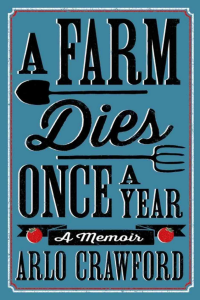As I wrote earlier this week I’ve been trying to clean up my Twitter feed. There was too much of the same news and too many folks who tweeted too many not-very-thoughtful thoughts about said news.
I realized that I’m on Twitter for two reasons and beyond those two reasons I should use it as little as possible.
But here is the unintended consequence of cleaning up my Twitter feed: It made me think about how I use all the tools in my colophon.
Twitter, I’ve come to realize, does not need to be left open or checked incessantly. I’ll check it ever hour or so or leave it open during big events to watch the commentary pour in.
Facebook is pretty much a non-starter for me. I’ll post my stuff from CBS or PFB on there but I get in and out as quickly as possible.
Instagram has become a check-a-couple-times-a-day tool for me and mostly to see if there’s anything post-worthy for my two gigs.
I’ve begun feeding the stories I want to read into three places: Email (newsletters), Pocket (stuff to read later), and my RSS feed.
All the stuff I want to read that isn’t specifically for work but I believe is beneficial to keep my mind sharp and creative, I let somebody else curate that and deliver it to me via email or on Twitter. I’ll just the Pocket the stuff I want, leave everything else, and read it all at a later date.
The RSS feed I’ve come to lean on heavily for my two jobs. I’ve curated those and I sift through them constantly for tidbits or quotes to use in my blog posts. That’s the stuff that it’s my job to find.
So I think for now this little guide to the Twitter world (which is actually bigger than the Twitter world) has been a good thing for me and writing through everything has helped put things in their place.
If only I could figure out how to get that Twitter feed down to about 200…

